In the recent case of Manchester Property Development Holdings and Stephen Beech v Kuit Steinart Levy [2025] EWHC 35 (Comm), Dame Clare Moulder DBE adjourned a substantial trial due to take place in the Commercial Court after leading counsel for the defendant was unexpectedly taken ill. The judge concluded that a fair trial could not be guaranteed if the trial went ahead.

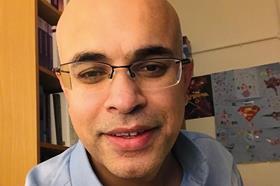
Background
The claimant brought an action alleging professional negligence for £32m against the defendant firm of solicitors. The claim was listed for trial commencing on 20 January 2025, with three days pre-reading. There were eight lay witnesses, and each party had three experts, all of whom were due to give evidence at the trial.
The law
The court has a discretion whether to adjourn a trial under CPR 3.12(b). The court must exercise its discretion in accordance with the overriding objective of dealing with cases justly and at proportionate cost (CPR 1). In Bilta (UK) Ltd (in Liquidation) & Others v Tradition Financial Services Ltd [2021] EWCA Civ 221, the court held that ‘the guiding principle was whether if the trial goes ahead it will be fair in all the circumstances; that the assessment of what is fair is a fact-sensitive one, and not one to be judged by the mechanistic application of any particular checklist… And if the refusal of an adjournment would make the resulting trial unfair, an adjournment should ordinarily be granted, regardless of the inconvenience to the other party or other court users, unless this was outweighed by injustice to the other party that could not be compensated for’.
In Innovate Pharmaceuticals Ltd v University of Portsmouth Higher Education Corporation [2023] EWHC 2394, Constable J set out the following factors that the court should take into account in the context of a late application to adjourn:
- The parties’ conduct and the reason for the delays;
- The extent to which the consequence of the delays can be overcome before the trial;
- The extent to which a fair trial may have been jeopardised by the delays;
- Specific matters affecting the trial, such as the illness of a critical witness; and
- The consequences of an adjournment for the claimant, the defendant and the court.
The parties’ submissions
The defendant considered instructing alternative leading counsel but concluded that, in the time available, this was not a realistic option and, therefore, made an application for an adjournment of the trial. The claimant argued that the defendant be given one week to find a replacement and the trial be delayed by two or possibly three weeks. The claimant also argued their funders might refuse to fund the costs associated with an adjournment, which would be unfair and prejudicial. The defendant argued that it could not find a replacement in that time, and that junior counsel had insufficient time to prepare.
In granting the application and adjourning the trial, the judge considered the following factors:
- Impact of delay: if the trial was adjourned, there would be a considerable delay which will have significant logistical and financial challenges for both parties, as well as the stress that pending court proceedings place on witnesses and those with an interest in the outcome of the proceedings.
- Witnesses: any further delay was unlikely to have a material impact on the quality of the witness evidence.
- Additional costs: although there would be additional costs, the witness evidence and expert evidence had been finalised, the skeleton for the claimant had been filed, and the defendant’s skeleton was in final form. Thus, there was no reason why further significant costs would be incurred on an adjournment in relation to the existing evidence, or that there should be a need for any further or additional disclosure.
- Prejudice to the defendant: it would not be fair to expect junior counsel to take over cross-examination because this was a long and complex trial, and ‘to have a fair trial, the defendant should have a proper opportunity to defend the case’. The overriding objective requires that, so far as practicable, the parties should be on an equal footing, and to force the defendant to proceed with junior counsel on the trial timetable would be unfair and the resulting trial would be unfair.
- Prejudice to the claimant: the merits of the claim had not changed by what had occurred and therefore there was no reason to suppose that additional funding would not be forthcoming. It was more likely that the claimant’s funder would wish to see the matter come to a conclusion.
The judge also stressed the importance of the oral presentation of evidence and submission during a trial when she said ‘cross-examination plays a very significant role in our legal system in enabling the court to receive the best evidence from witnesses. Cross-examination of witnesses requires skill and extensive preparation’.
The decision in Manchester Property Development Holdings is a helpful reminder of the key legal principles and factors which the courts will consider when exercising discretion in determining an application to adjourn a trial. Each application will be determined in light of the specific facts of the case.
As the judge made clear, the weight to be given to the factors identified in Innovate Pharmaceuticals Ltd must reflect the circumstances of the particular case and the court must exercise its powers in accordance with the overriding objective.
Masood Ahmed is an associate professor of law at the University of Leicester and a member of the Law Society’s Dispute Resolution Committee. Lal Akhter is a Fellow of the Chartered Institute of Arbitrators, an unregistered barrister, and an alternative dispute resolution specialist at Docket Live, Leicester

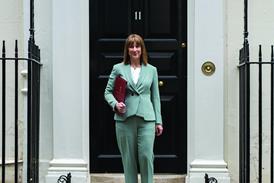

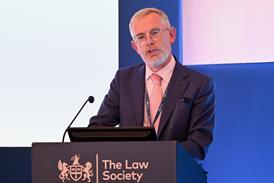











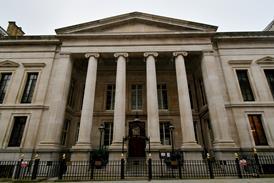


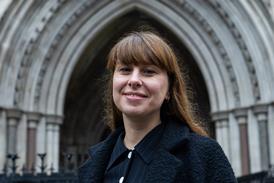
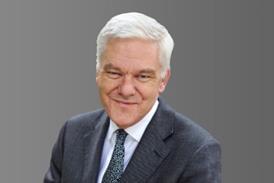










No comments yet